Water damage can be a homeowner’s worst nightmare. Whether it’s caused by a burst pipe, a leaking roof, or a natural disaster, water damage can lead to costly repairs and even health hazards. However, with the right knowledge and preventive measures, you can minimize the risk of water damage and protect your home. In this article, we will explore different types of water damage, common causes, and effective strategies to Preventing Water Damage. Let’s dive in!
Understanding Water Damage
Water damage can take various forms, ranging from minor leaks to severe flooding. It’s essential to understand the types of water damage to assess the potential risks to your home.
Types of Water Damage
Clean Water Damage
This type of water damage comes from a clean water source, such as a broken pipe or a leaking faucet. While it may seem harmless initially, prolonged exposure to clean water can lead to mold growth and structural issues if not addressed promptly.
Grey Water Damage
Greywater damage occurs when water contains contaminants, such as soap, grease, or urine. This could result from malfunctioning appliances like washing machines or dishwashers. Grey water damage poses health risks and requires proper cleanup to prevent the spread of bacteria and pathogens.
Black Water Damage
The most severe type of water damage, black water damage, involves water contaminated with sewage, chemicals, or other hazardous substances. It typically results from sewage backups, flooding, or natural disasters. Professional assistance is crucial for safely addressing black water damage.
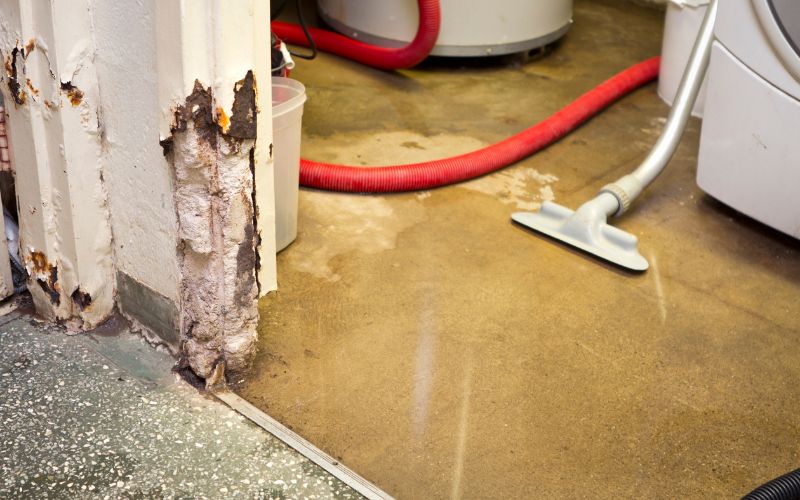
Common Causes of Water Damage
Understanding the common causes of water damage can help you identify potential risks and take preventive measures accordingly.
- Leaking Pipes: Aging or damaged pipes can develop leaks, leading to water damage over time. Look out for signs of dripping or discolored patches on walls or ceilings.
- Roof Leaks: Poor roof maintenance, missing shingles, or damaged flashing can allow water to seep into your home. Regular inspections and prompt repairs are vital to prevent roof leaks.
- Faulty Appliances: Malfunctioning appliances like water heaters, washing machines, or dishwashers can cause significant water damage if not properly maintained or repaired.
Effects of Water Damage
Water damage can have far-reaching consequences for your home and health if left untreated.
Structural Damage: Prolonged exposure to water can weaken the structural integrity of your home, leading to sagging ceilings, buckled floors, and compromised foundations.
Mold and Mildew Growth: Excess moisture creates a favorable environment for mold and mildew to thrive. These fungi not only cause unpleasant odors but can also trigger allergies and respiratory issues.
Electrical Hazards: Water and electricity are a dangerous combination. Water damage can expose electrical systems, increasing the risk of electrical shocks and fires.
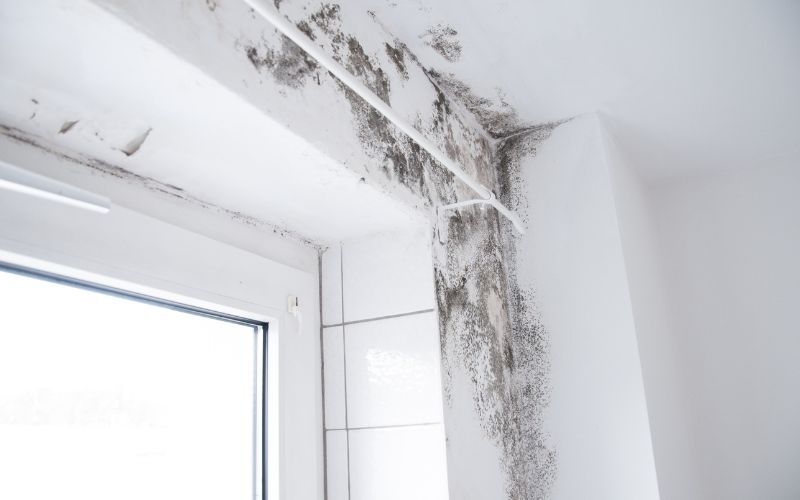
How to Treat Water Damage
Prompt action is crucial when dealing with water damage. Here are essential steps to treat water damage effectively:
- Ensure Safety: Before entering the affected area, ensure that the electricity is turned off. If the water damage is extensive, it’s best to consult a professional restoration company.
- Remove Standing Water: Use pumps, wet-dry vacuums, or buckets to remove standing water from your home. Open windows and use fans to enhance air circulation and expedite the drying process.
- Dry and Dehumidify: Use dehumidifiers, heaters, and fans to dry out the affected areas. It’s crucial to eliminate moisture completely to prevent mold growth.
- Clean and Disinfect: Thoroughly clean and disinfect surfaces and belongings that have been exposed to water damage. Use appropriate disinfectants to kill bacteria and prevent mold growth.
- Repair and Restore: Fix the underlying cause of the water damage, whether it’s a leaking pipe, a damaged roof, or a malfunctioning appliance. Repair and restore affected areas to their pre-damage condition.
How to Protect Your Home from Water Damage
Prevention is the key to avoiding water damage. By taking proactive measures, you can significantly reduce the risk. Here are some preventive strategies:
Regular Maintenance
Regularly inspect your plumbing system, roof, and appliances to identify and fix any potential issues before they escalate.
Proper Insulation
Insulate pipes, especially in colder climates, to prevent freezing and bursting. Insulating walls and attics can also help regulate indoor humidity levels.
Gutters and Downspouts
Clean and maintain gutters and downspouts regularly to ensure proper water drainage and prevent water from seeping into your home’s foundation.
Sump Pump Installation
Consider installing a sump pump in your basement to prevent flooding. Ensure it’s well-maintained and has a battery backup in case of power outages.
Landscaping Planning
Proper landscaping can direct water away from your home. Grade your yard away from the foundation and consider installing French drains or rain gardens.
Use a Water Leak Detection Devices
Water leak detection devices can provide an extra layer of protection and early warning for potential water damage. These devices monitor water flow and can alert you in case of leaks or abnormal water usage. Some devices can even automatically shut off the water supply to prevent further damage.
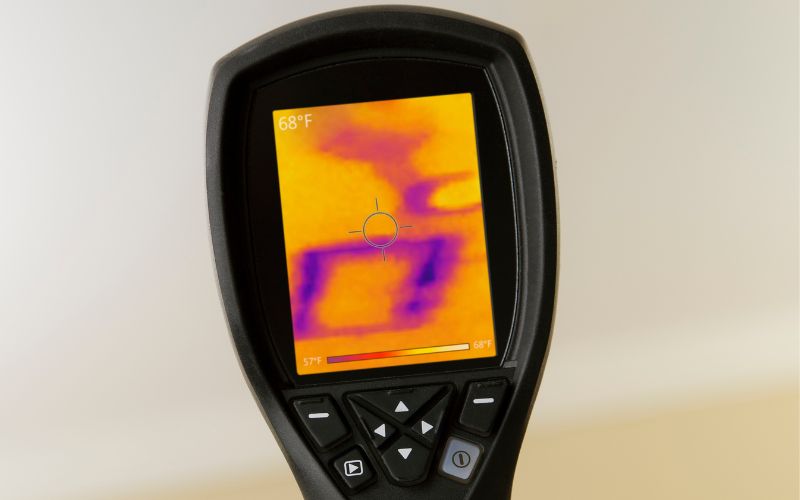
Water Damage Insurance
Having appropriate insurance coverage is essential to protect your home and belongings from water damage. Review your homeowner’s insurance policy to ensure it covers water damage and consider additional flood insurance if you live in a flood-prone area. Understand the policy limits, deductibles, and exclusions to make informed decisions.
Conclusion
In conclusion, preventing water damage is of utmost importance to protect your home from costly repairs and potential health hazards. By understanding the different types of water damage, common causes, and the effects it can have on your home, you can take proactive steps to minimize the risks. Regular maintenance, timely repairs, and the implementation of preventive measures such as proper insulation, gutter maintenance, and the installation of water leak detection devices can go a long way in safeguarding your home.
In the unfortunate event of water damage, it’s crucial to act quickly and effectively. Engaging the services of a professional water damage restoration company is highly recommended, especially for extensive damage or cases involving black water. These experts have the necessary knowledge, tools, and experience to handle the restoration process safely and efficiently, ensuring that your home is restored to its pre-damage condition.
Remember, prevention is key when it comes to water damage. By being proactive and implementing preventive measures, along with having the right insurance coverage, you can significantly reduce the likelihood of water damage and enjoy peace of mind knowing that your home is well-protected.
Water Damage Prevention FAQs
Signs of water damage include discolored patches on walls or ceilings, musty odors, peeling paint or wallpaper, warped or buckled floors, and visible mold growth.
It depends on your policy. Review your insurance coverage to understand what types of water damage are included and any limitations or exclusions.
While you can’t control natural disasters, you can take preventive measures like proper landscaping, maintaining gutters and downspouts, and considering flood insurance for added protection.
For significant water damage or cases involving black water, it’s advisable to hire professionals who have the expertise and equipment to safely handle the restoration process.



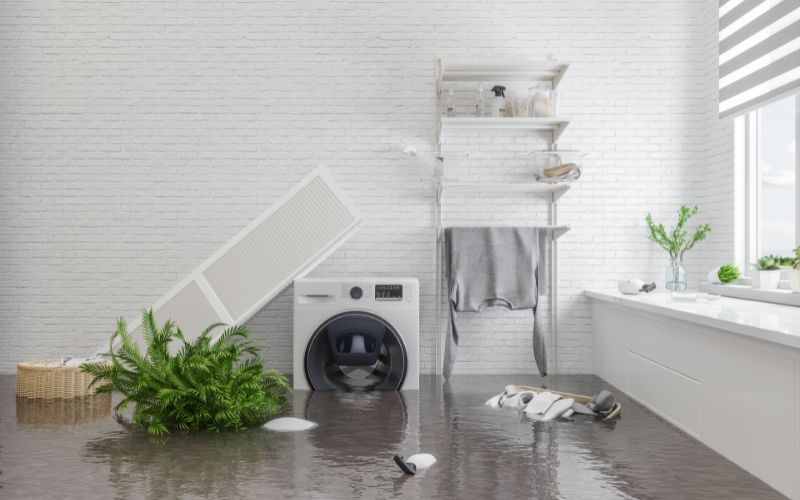
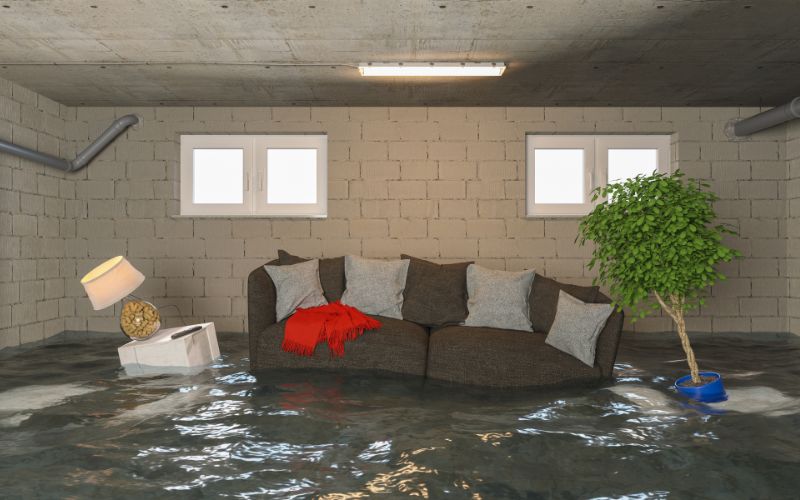
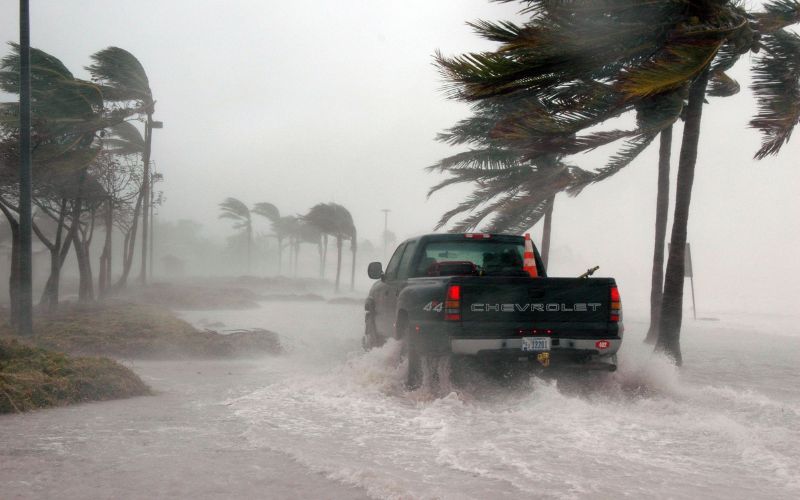
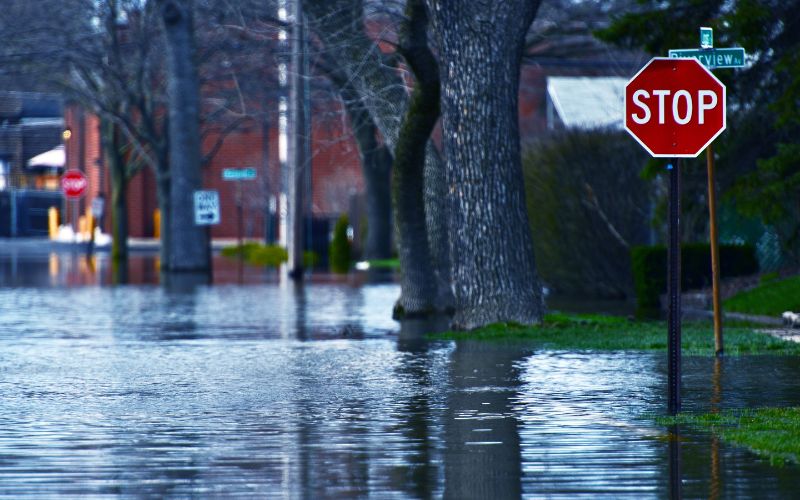
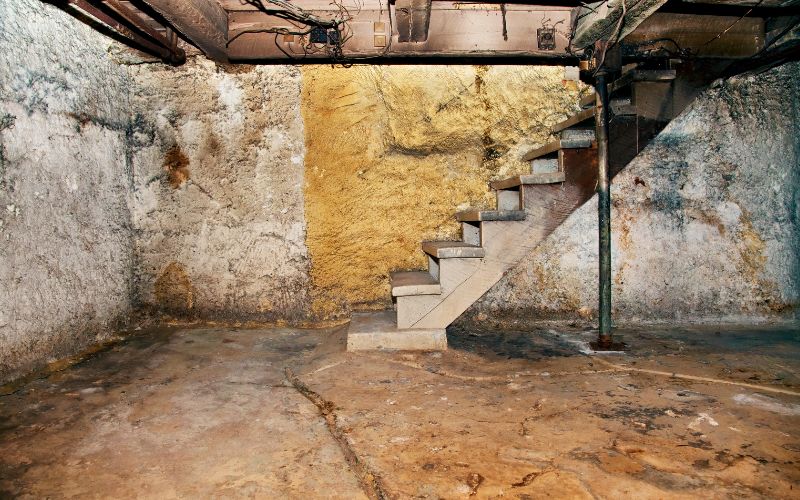
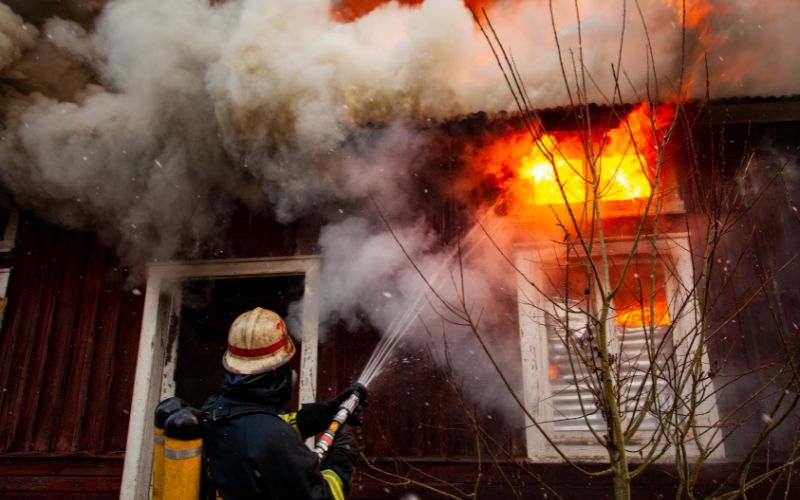




 by
by